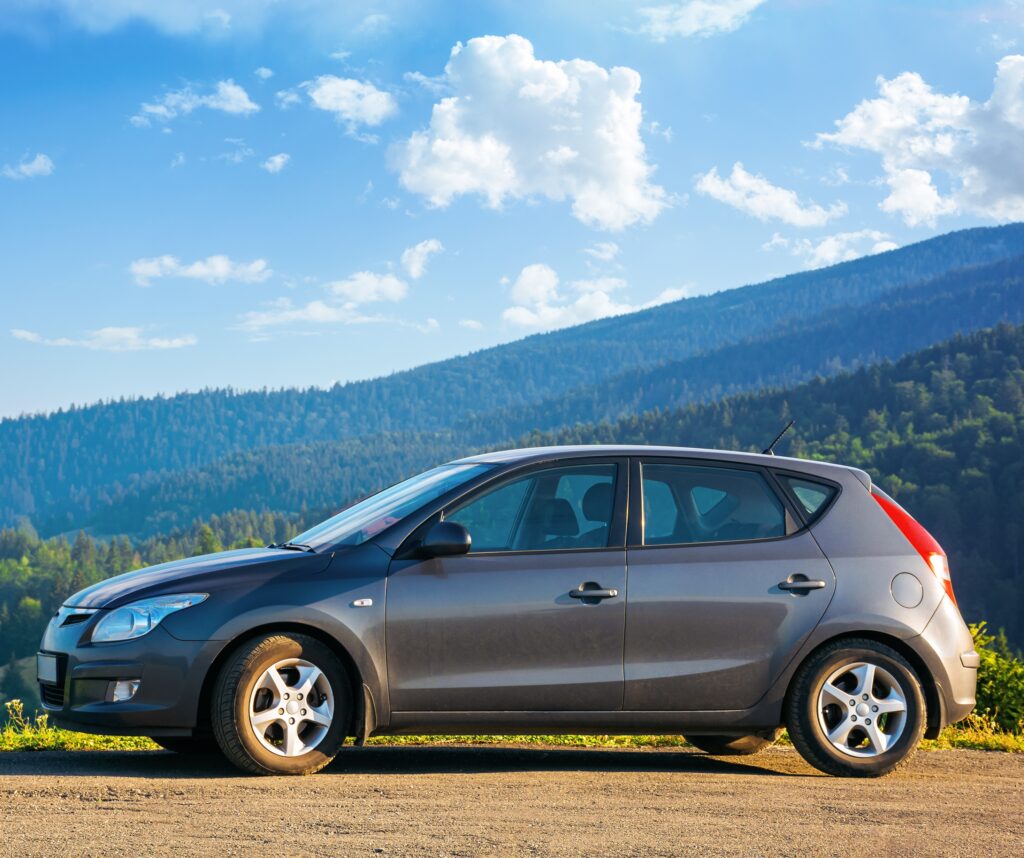COE Renewal in Singapore: Choose 5 or 10 Years?
In Singapore, the automotive landscape has faced various challenges, particularly concerning the Certificate of Entitlement (COE) premiums. As car owners ponder whether to purchase a new car or renew the COE for their existing vehicle, understanding the implications of each COE option is crucial. This guide will help you navigate the decision-making process for COE renewal in Singapore and how good car loans can support your choice regarding COE.

COE Renewal Duration: Five Years vs. Ten Years
When considering COE options, the duration of renewal is a vital factor for car owners. Five-year COE premiums are generally lower than those for ten-year COE renewals. However, a five-year COE renewal requires your car to be deregistered after that period, with no option for further COE renewal. Conversely, a ten-year COE allows for unlimited renewals, providing greater flexibility for car owners in Singapore regarding their COE.
Understanding the Prevailing Quota Premium (PQP)
To keep your car operational in Singapore, you must pay the Prevailing Quota Premium (PQP) when renewing your COE. The PQP is a vital aspect for car owners, especially if your vehicle is in good condition and well-maintained. Paying the PQP can significantly influence your financial planning when considering COE renewal for your car. Additionally, exploring good car loans can help finance the PQP, making the process more manageable when dealing with your COE.
How is PQP Calculated?
The PQP is calculated based on the average COE premiums from the past three months. Monitoring these rates can help you make informed decisions about your car’s COE renewal. Here are sample PQP figures from recent months regarding COE:

Although the PQP amounts can seem daunting, there are financing options available for COE renewals that can help ease the financial burden on car owners, including good car loans tailored for this purpose when considering your COE.
Do You Only Pay for PQP?
Yes, when renewing your COE, the PQP is your main cost. However, it’s essential to remember that choosing to renew your COE means you forfeit the Preferential Additional Registration Fee (PARF) rebate, which you would receive if you decided to deregister your car. This consideration is crucial for those exploring COE options in Singapore.
Road Tax Implications After Ten Years
As your car ages, the associated road tax in Singapore increases. Cars over ten years old incur an additional surcharge on their road tax, which escalates each year. For example, a vehicle with a 2,362cc engine may see its annual road tax rise significantly after the tenth year, reaching up to $2,458 by the fifteenth year. Due to these rising costs, many Singaporean car owners opt for newer vehicles to avoid excessive expenses when managing their COE.
Is Your Car Capable of Lasting Another Ten Years?
If your car is well-maintained and regularly serviced, it can indeed last another decade. To accurately assess your car’s condition, consider seeking a professional evaluation from a trusted workshop. Additionally, resources in Singapore can help determine your car’s suitability for COE renewal.
Timing Your COE Renewal
The optimal time to renew your COE is when the PQP is at its lowest. It’s advisable to start monitoring COE prices three months before your current COE expires. If you’re looking for financing for your car’s COE renewal, ensure you allow ample time for loan processing to avoid last-minute issues. Good car loans can provide the financial support needed during this process while considering your COE.

